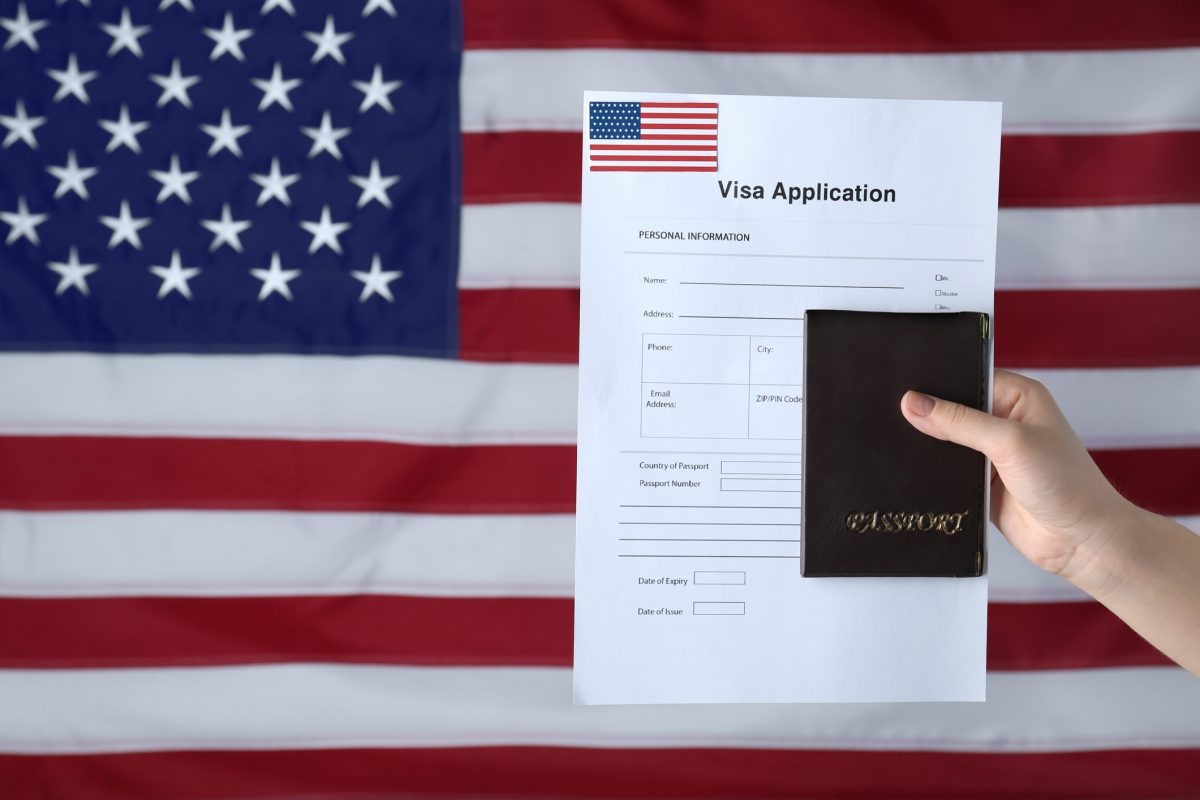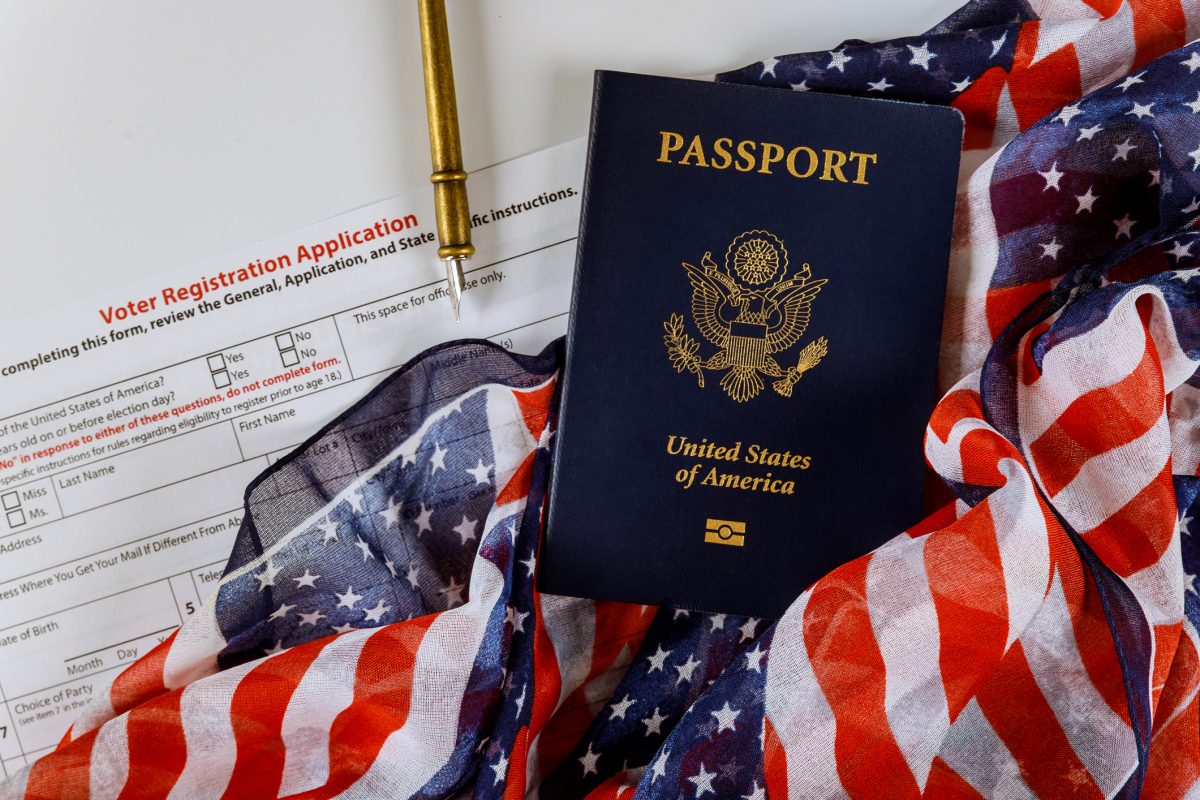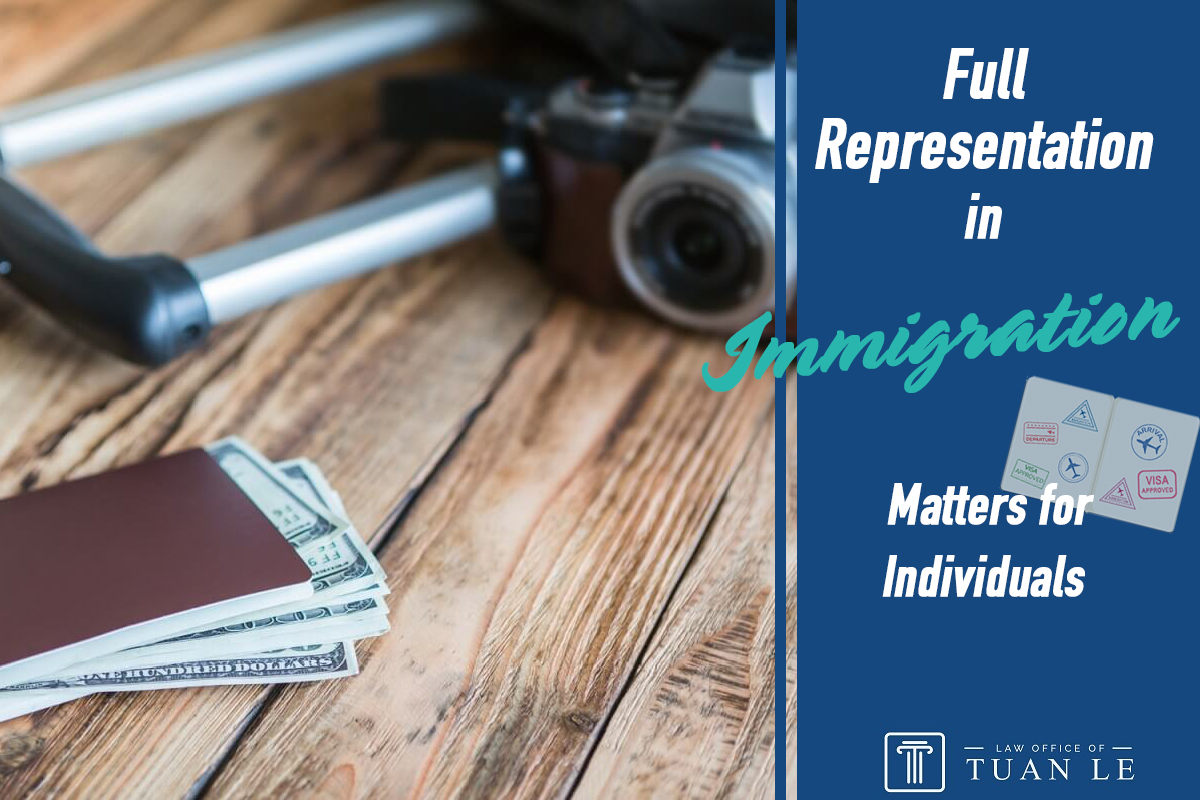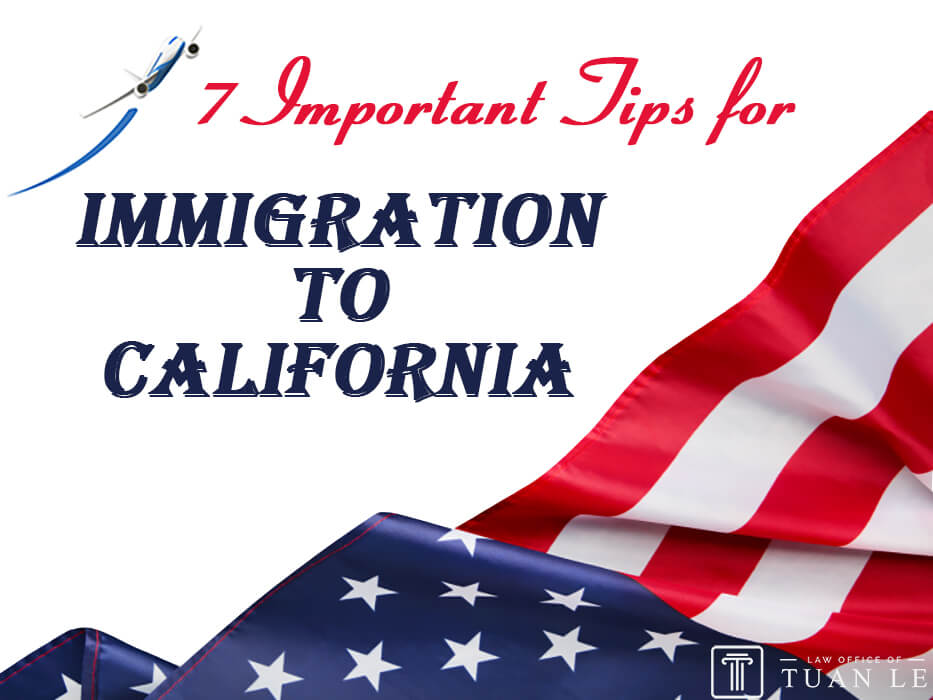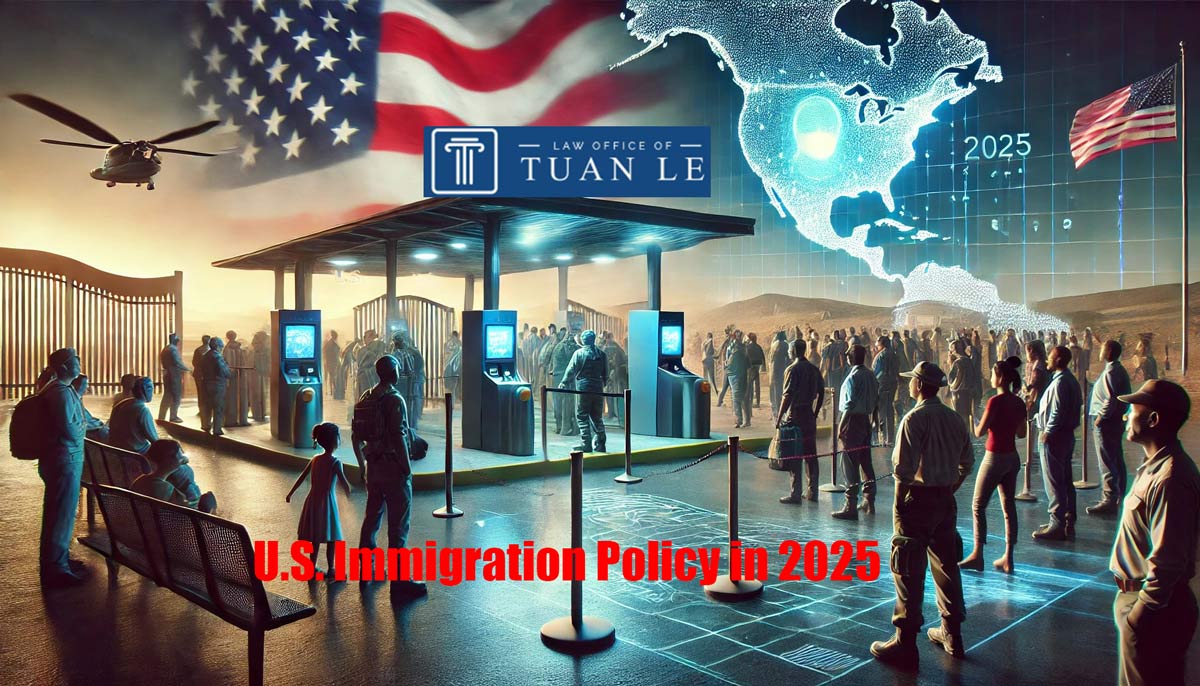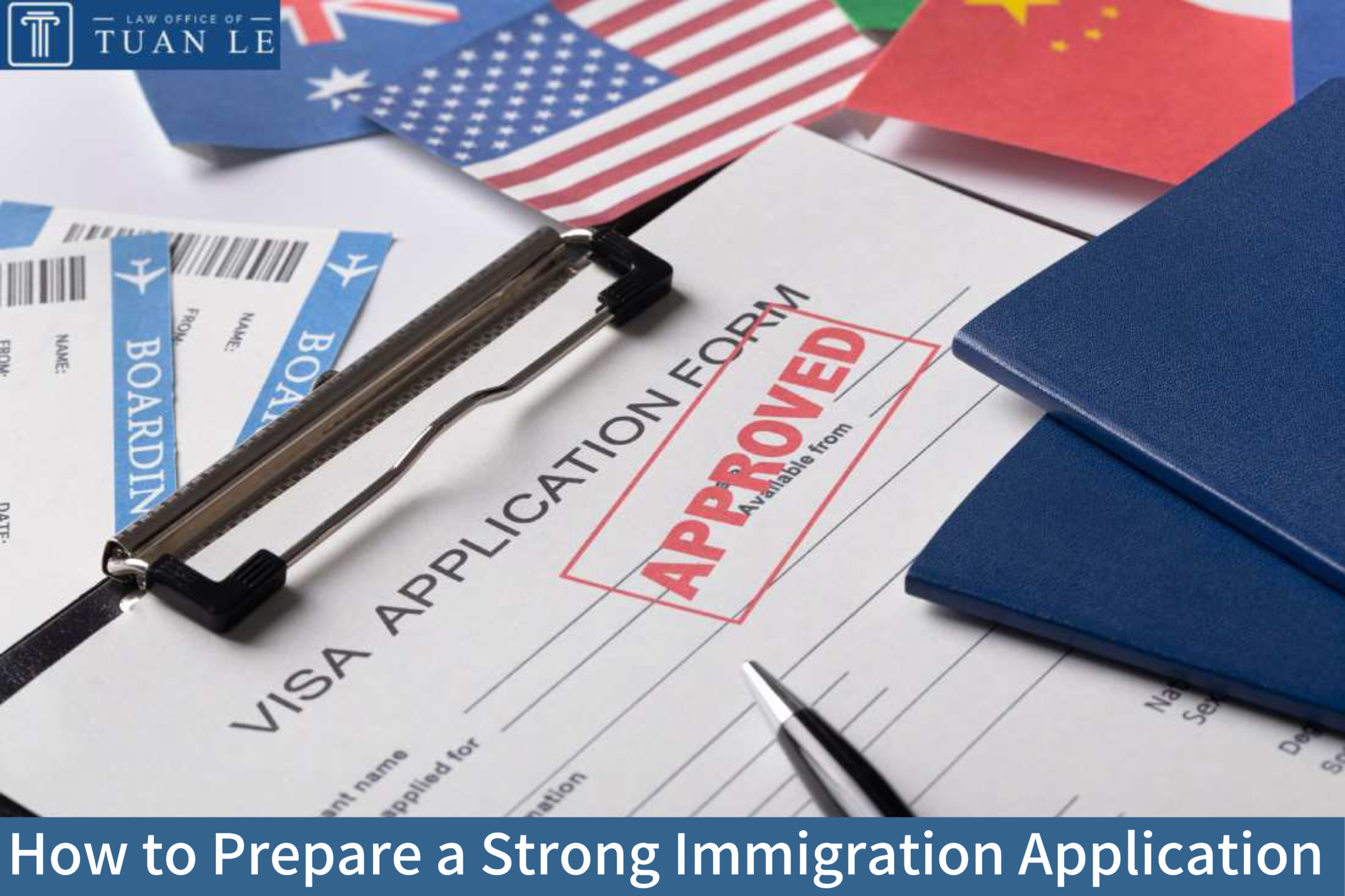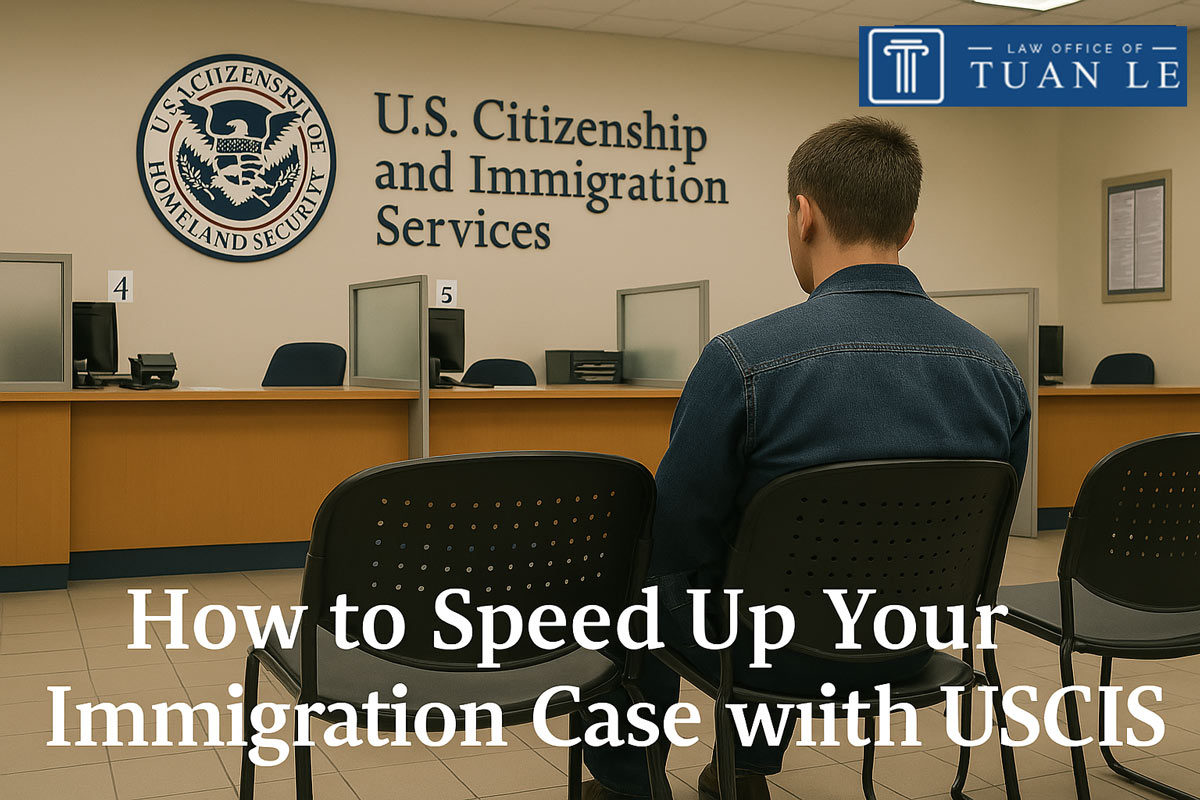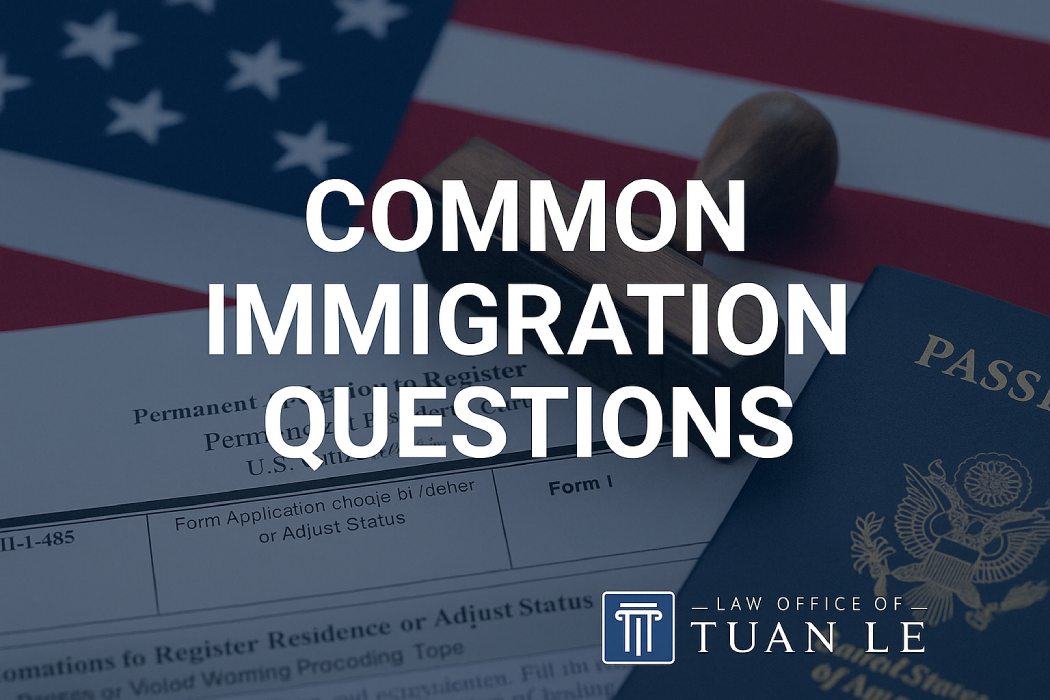US H1B and Canada PR; Options for Laid-Off H1B Visa Holders

The recent layoffs of H1B holders in the United States have caused many expert foreigners to start comparing the US H1B and Canada PR (Permanent Resident) visas to see which can bring about more benefits for them.
Every year, thousands of eligible foreign experts are granted H1B visas to enter the US and work as highly-skilled employees in different fields and positions. Many of these H-1B recipients are working in tech companies. However, since 2022, some high-profile tech companies have been laying off a lot of their H1B workers, leading to a legion of unemployed H1B holders facing deportation.
In this article, with the help of our H1B visa lawyer, we will explore the options laid-off H1B workers have. Also, we will compare US H1B and Canada PR to assist both current H1B holders and those who wish to become economic migrants to make the right decision.
Are you looking for an accomplished immigration lawyer in Orange County, CA? Our law office is here for you. Call to schedule an appointment.
An Introduction to US H1B Visa
H-1B is a type of non-immigrant US visa that is granted to qualified foreign specialists who have a job offer from eligible employers in the United States. American employers must have permission to be able to hire expert foreigners for positions that require a lot of knowledge and skills, and that they cannot find a native to do the job.
With the help of this program, the U.S. has been able to make use of highly-skilled and qualified specialists from all over the world for the benefit of its economy and the advancement of science and technology.
There is a limit to the number of H1b visas issued every year. The annual quota is currently 85,000. Those who wish to register have to have their future American employers file a registration for them. Since the number of eligible registrations that are received by the USCIS is far more than this annual cap, there is an H1B lottery (and sometimes two lotteries) every year to select among them.
Those who are selected can proceed with the rest of the H1B application process. If the visa is issued, the foreign specialist can work in the US for 6 years under the H1B visa. Read our complete guide to H1B visa application and requirements to get familiar with the process, the costs, and more.
When to Register for H1B Visa for the FY2025?
Those who hope to start working in the US from October 2023 (the beginning of FY2024), have already been registered. The USCIS announced that it received almost 760,000 eligible registrations for FY2024 and has selected less than 111,000 applicants through the H1B lottery (the number of selected applicants is more than the annual quota because not all the H1B applications will be approved). However, just recently the USCIS decided to hold a second lottery for the FY2024 applicants.
So, if you wish to start working in the US in October 2024 (the beginning of FY2025), you should ask your employer to register on your behalf in March 2024. The H1B registration window opens usually in the first half of March and lasts for 14 days. One week after the registration is over, usually someday in April 2025, the result of the first H1B lottery will be announced.
Options for Unemployed/Laid-Off H1B Holders in 2023
As we have touched on it above, an H1B visa is valid for three years but you can extend it for another three years. During this time, you might lose your job for different reasons or wish to change it. While this is possible, an H1B visa holder cannot remain unemployed for more than 60 days. Moreover, this period cannot be extended.
So, H1B workers must know about their options so that if they lose their job they can act immediately. There are a few things a laid-off H1B worker should do to avoid deportation:
Find a New Position in 60 Days
The moment the H1B layoff happens, you should start looking for a new position. You have a grace period of 60 days. If you are successful to find a new job that meets the criteria (your new position must be related to the specialty you were first granted the H1B visa for.), ask your new employer to file for an H1B employer change with the USCIS as soon as possible.
Apply for a Change of Status
If the previous option does not work out for you in the first month of your grace period, start applying for a change of status immediately (you might even want to do it sooner to be on the safe side). This means applying for another temporary visa type.
In such situations, the most common one is business visitor status. This includes B-1 and B-2 visas. To learn more about the requirements, eligibility, and the application process see our ‘Ultimate Guide to Apply for the B2 Visa’>
Another possibility to change your status is by filing for dependent status. This means applying for an H4 visa or a TD visa.
Are you worried about deportation? Hire our deportation lawyer to guide you on this difficult path.
Move to Canada Instead!
Just recently (effective since July 16, 2023), Canada immigration policy started a new program to help laid-off H1B workers. According to this Open Work Permit (OWP) program, 10,000 H1B holders can apply for the OWP to get a generous 3-year work permission to stay in Canada with their spouses and dependents and look for a suitable job without worrying about a short deadline or deportation.
The dependents can also work and study during this period.
Canada attracting H1B workers is not limited to the OWP. Another program, which is a great option for tech workers, will be launched by the end of 2023. This Tech Talent Strategy is part of a larger program named the International Mobility Program (IMP). So, keep your ears open for updates on this new pathway.
Obviously, US to Canada immigration would be much easier for foreign talents than moving back to their home countries in Asia, Europe, or Africa. In addition, the problems in the labor market for foreigners in the US and H1B visa expulsion have been increasing. That is why, applying for Canadian work visas has become a popular alternative for H1B visa holders.
Needless to say, if you continue living in the US unlawfully, it may prevent you from any future entry to the country.
Below, we will compare the benefits of Canadian work visas, the US H1B and Canada PR.
Comparing US H1B and Canada PR
Whether you enter Canada on OWP or any other temporary programs and visas (such as the Temporary Foreign Worker Program (TFWP) visa), your goal is to get your permanent residency or your PR.
That’s why, if you are hesitant about applying for (or renewing) your H1B or applying for a Canadian visa, you should start comparing the benefits of the US H1B and Canada PR to see which is best for you.
| US H1B Visa | Canada PR | |
| Job Limitations | Limited job flexibility. You can only work for an eligible employer and in a specific field (your specialty) for a limited time. | You can work, study, and live anywhere in Canada without a time limit. |
| Opportunities | There are a lot of opportunities in different fields, especially in technology, finance, and research. You can get valuable experience in your field and grow your skills and knowledge. | The strong economic status of Canada has provided a lot of job opportunities in different fields. |
| Education | You can study in the US on H1B as long as you fulfill your commitment to your employer. | You can enroll in any study program that you wish. |
| Social Benefits | After a minimum of 6 months, you will be qualified for H1B health insurance. | Health insurance is available for permanent residents. The welcoming nature of Canadian society towards immigrants from any part of the world. |
| Application Process | There is an annual cap and applicants are selected through a lottery. | Getting your PR status can take at least 6 months and you have to meet different requirements to be eligible. |
American H1B Visa vs. Canadian Work Visa
For those who are seeking a job abroad, both US and Canada are among the most popular destinations. In the table below, we compare the US H1B visa with Canadian work visas to explore work visa differences in more detail.
| American H1B Visa | Canadian Work Visas | |
| Eligibility | The US H1B work visa is limited to highly skilled workers and requires candidates to be qualified for specialty occupations. | IMP and TFWP visa programs offer opportunities for job seekers with different skill levels. |
| Duration | H1B is granted initially for three years, but it can be extended for another three years. | Canadian work visa duration varies based on the specific program and the job. Some of them are short-term while others are issued for longer periods. |
| Dependents | H-4 dependent visa is granted to an H1B visa holder’s spouse and unmarried children under 21 years old. They can study in the US but they are not allowed to work. | Both spouses and children of Canadian work visa holders are allowed in the country to study and work (if they are eligible for an OWP). |
| Path to Become a Permanent Resident | An H1B visa holder cannot apply for American citizenship, but they can file for a Green Card if they are eligible. (Green Card holders can apply for citizenship after a few years.) | Some Canadian work visa holders can become permanent residents. Work visas such as Canadian Experience Class (CEC) and Provincial Nominee Programs (PNPs) offer pathways to Canada permanent residency for eligible foreign workers. |
| Application Process | The application process can be complicated and requires both the employer and the foreign expert to go through various steps. Plus, the annual cap means that you should be lucky enough to get selected in the lottery. | Canadian work visas are mostly issued to those who have a specific job offer from a Canadian employer who has permission to hire international workers. The application process also involves several steps. |
Now you can make an informed decision about your immigration path according to your preferences.
Frequently Asked Questions about US H1B and Canada PR
There are some commonly-asked questions and concerns about the US H1B and Canada PR. We address them below.
How Many Times You Can Extend or Renew Your H1B Visa?
The H1B visa is valid for three years. If your employer agrees, you can extend it for three more years. For those cases that are present in the US for some months every year, they can extend it for the third time as well.
Can You Apply for a US Green Card on H1B Visa?
Yes. If you meet the eligibility requirements, you can apply for your green card. Just keep in mind that the processing time is usually around two years.
Can You Extend the H1B Grace Period?
No. The grace period is 60 days from the last day of your employment or the expiration date of your visa. It cannot be extended.
Can You Change Your Job on H1B Visa?
Yes. If you find a new position that is related to your expertise and the employer is eligible, you can change your job. You should ask your new employer to file for an ‘H1B change of employer’ with the USCIS.
Can You Take Your Family to Canada on OWP?
Yes. You can take your spouse and children (your dependents) to Canada on OWP. They can work and study there, as well.
How Long Is the Processing Time for Canada PR?
Applying for Canada PR and getting the final result can take around six months.
Get any information about US visa types and their requirements by consulting with our immigration attorney.
Hire an Immigration Lawyer to Make the Best of Your H1B Grace Period
We have discussed the different paths in front of an unemployed H1B worker, including finding a new position during the 60-day H1B grace period, change of status, and considering moving to Canada. However, the best decision depends on your preferences and circumstances.
An experienced immigration attorney knows all the possibilities and options you have and can guide you in making the right choice based on your case. Besides, you can save a lot of time because your immigration lawyer knows the procedure well and you do not have to worry about the documents and forms you need to prepare.
The Law Office of Tuan Le can provide you with such services in Orange County, California. You can also get a free 30-minute consultation with our accomplished visa lawyer.
Call (714-877-5840) to schedule an appointment or fill out the form below. We will get in touch with you.
The information provided on this page or article does not, and is not intended to, constitute legal advice; instead, all information, content, and materials available on this this page or article are for general informational purposes only. Information on this this page or article may not constitute the most up-to-date legal or other information.
Readers of this this page or article should contact their attorney to obtain advice with respect to any particular legal matter. No reader, user, or browser of this this page or article should act or refrain from acting on the basis of information on this site without first seeking legal advice from counsel in the relevant jurisdiction.
By Tuan Le|August 30th, 2023|Immigration , H1B Visa|Comments Off
About the Author: Tuan Le
Are you dealing with an immigration issue or planning to file for bankruptcy? Mr. Tuan Le is an expert attorney who offers representation in all these areas.
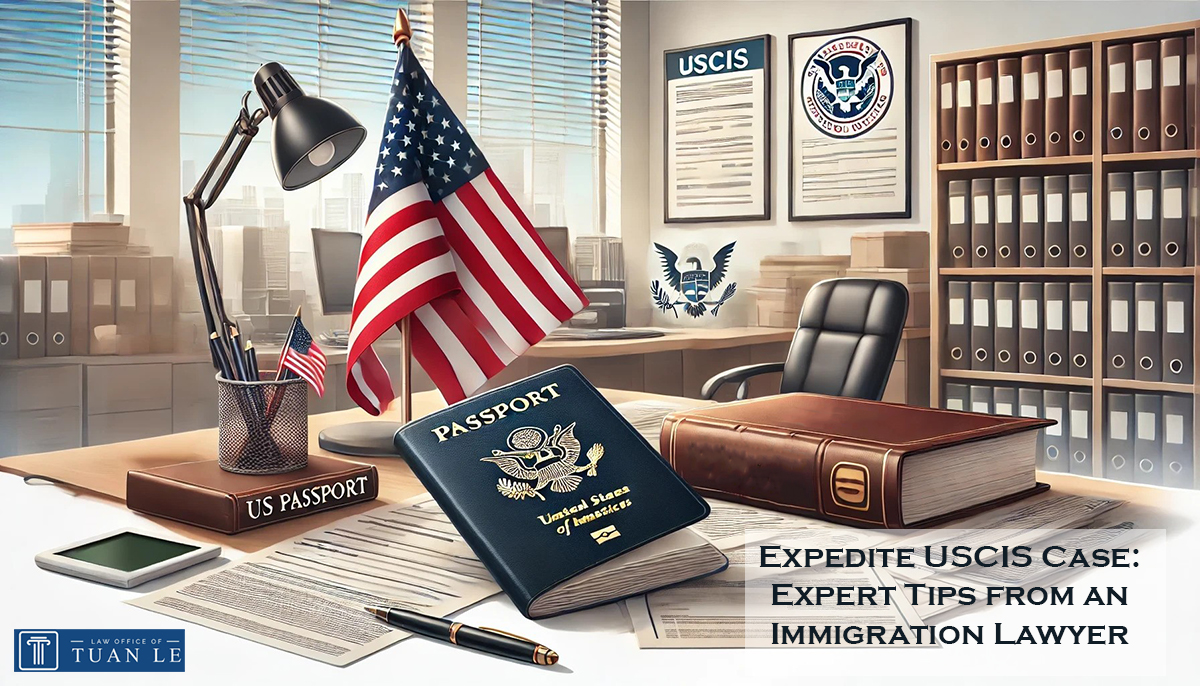
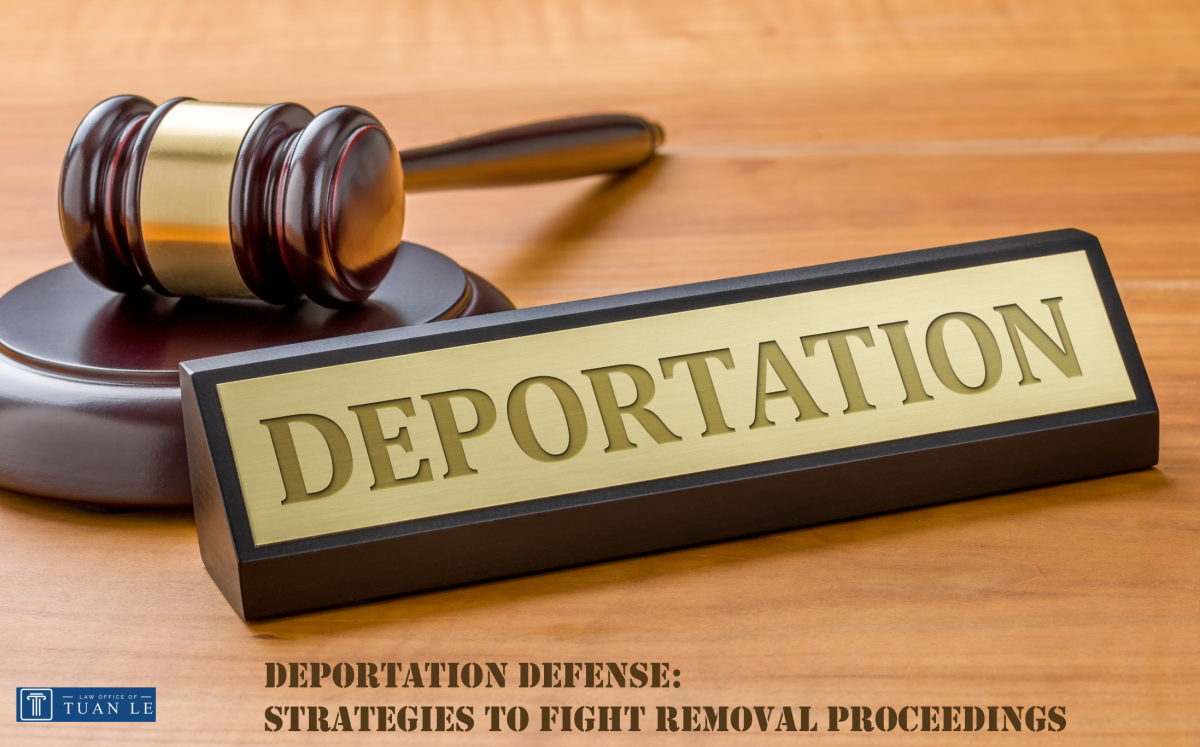

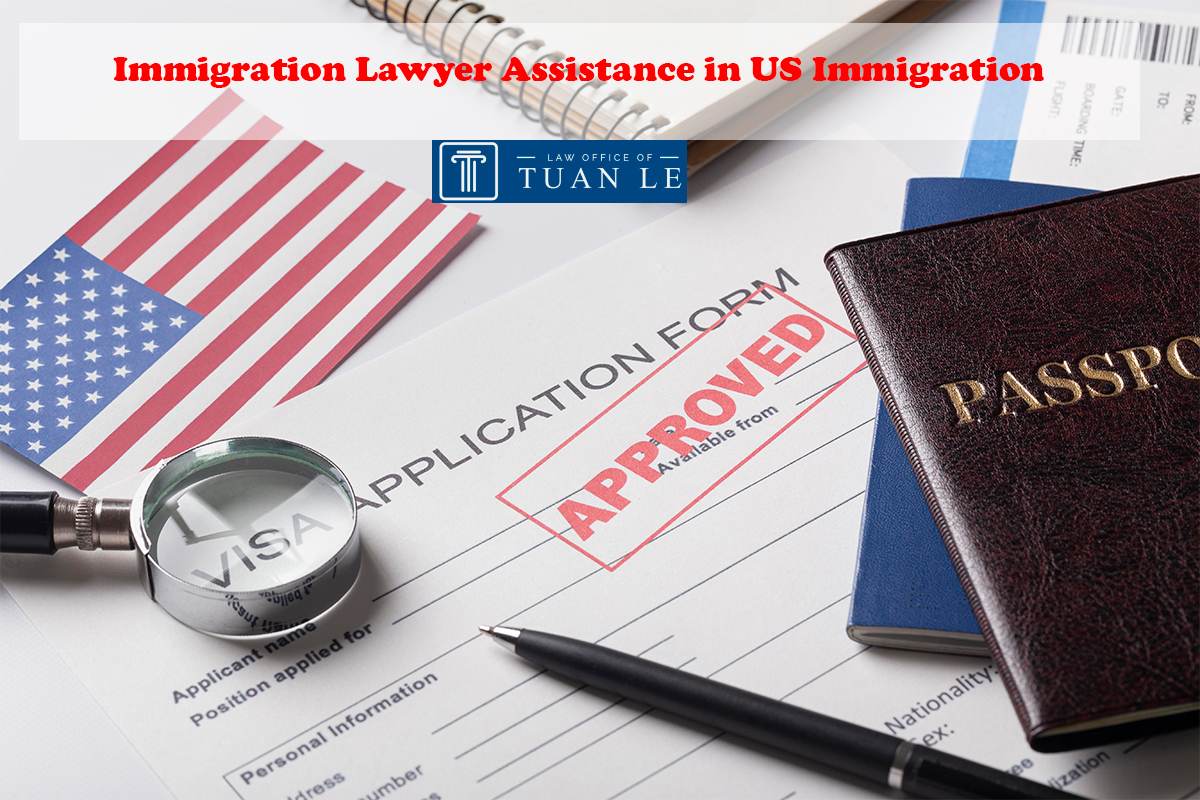
.jpg)
.jpg)
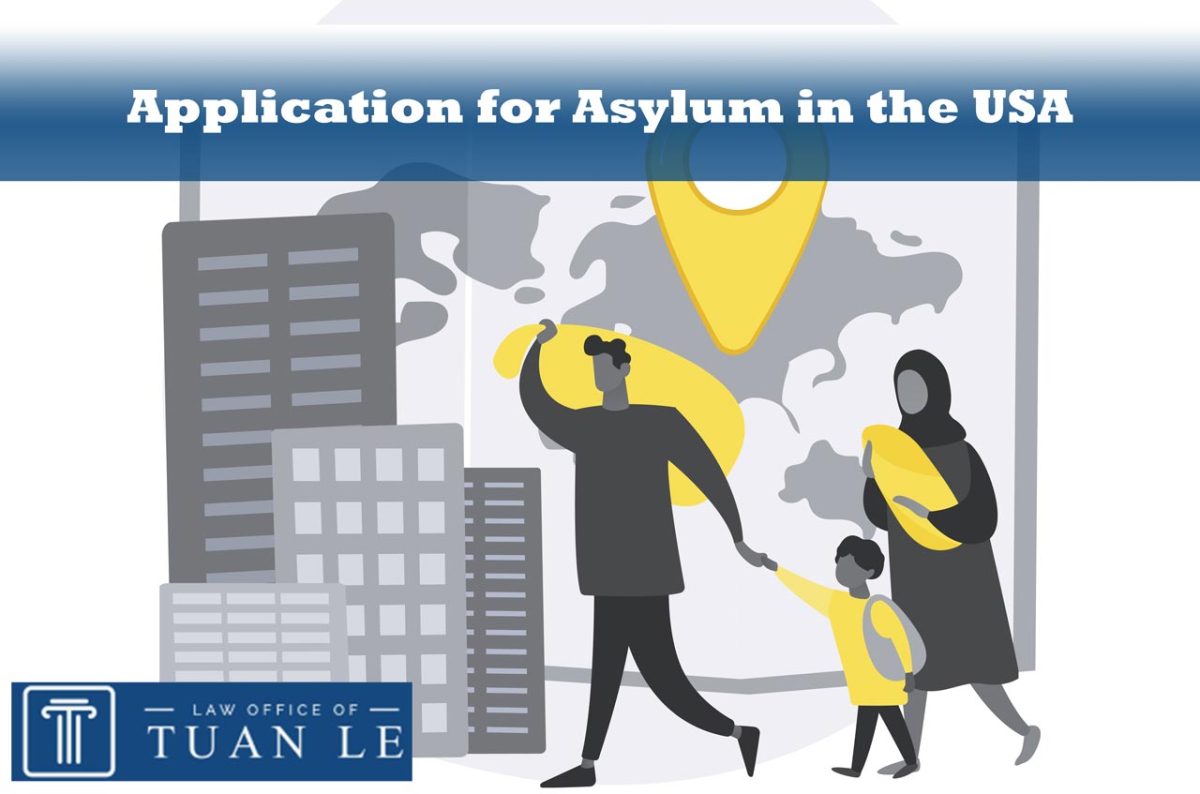
.jpg)
